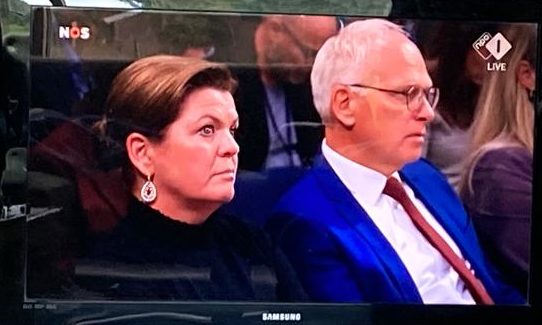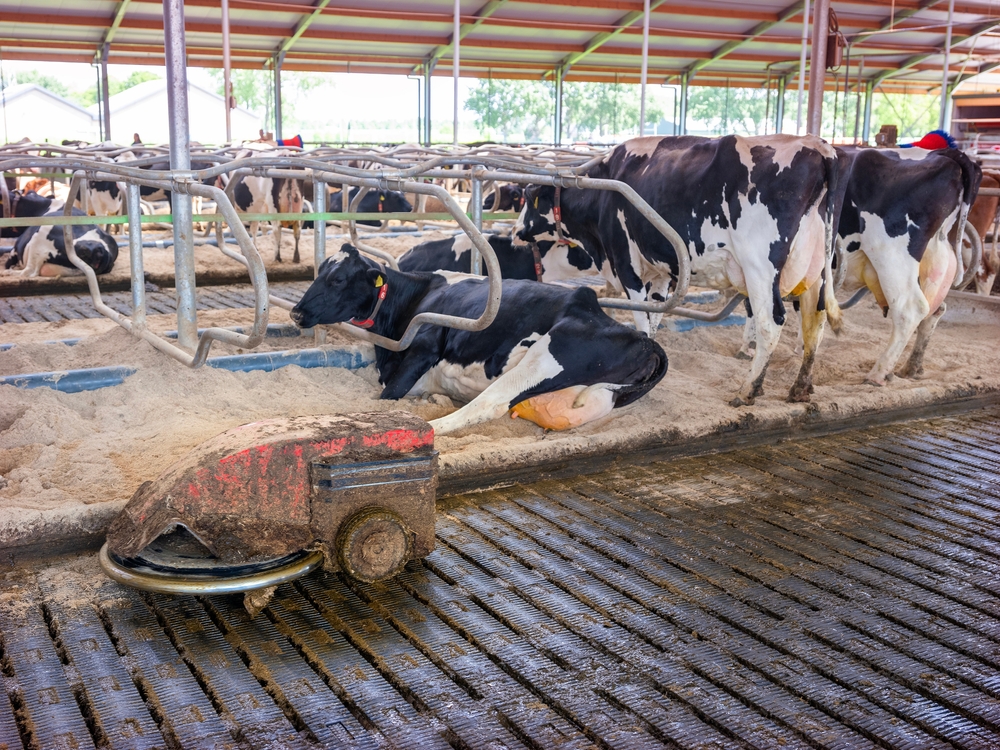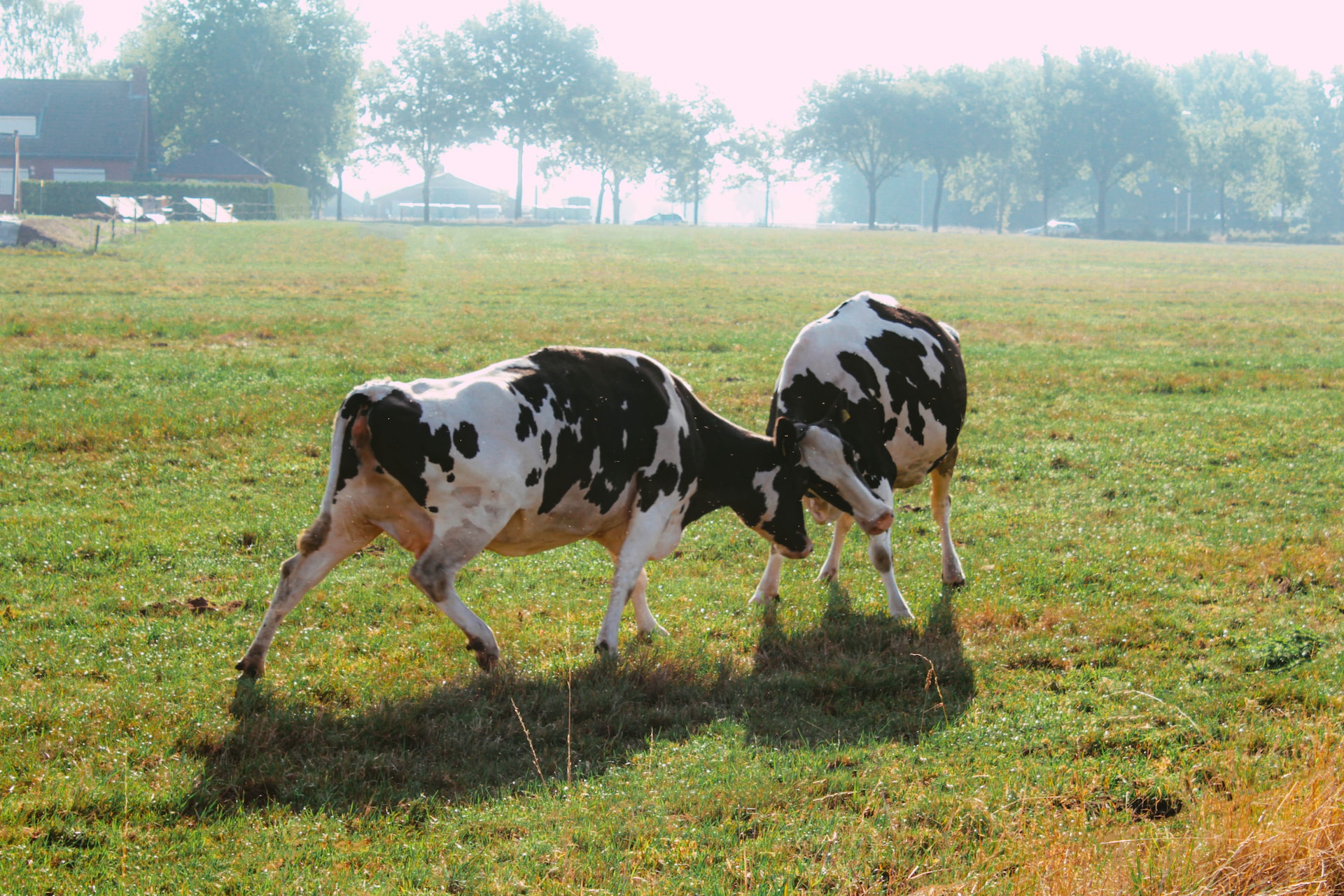‘Nitrogen moderator’ Johan Remkes presented his findings after an entire summer of dialogues and a search for a solution to the nitrogen stand-off that kept the cabinet and the farmers in a deadlock. Resource watched the press conference from a WUR perspective.
1. Was WUR invited to discuss the issue with Remkes this summer?
No. Much to the annoyance of some, the science sector had not been invited. In addition to the farmers, Remkes spoke only with nature conservationists, the construction sector, employers, banks, and the odd agricultural chain partner. The latter, however, were mostly absent. That absence led to comments this afternoon from Remkes, who stressed the earning potential of extensive agriculture requires urgent improvements.
2. What were WUR’s hopes or expectations from the report?
Formally: none. WUR underscores that its role within the nitrogen discussion is to provide facts, figures and scenarios that enable administrators to make substantiated decisions based on solid research. However, WUR does feel that doing nothing is not an option; nature is clearly under pressure. And WUR has been calling for an integrated approach to nitrogen, water quality and climate for some time.
3. Did that plea resound?
Yes, Remkes is of a similar opinion. ‘There is an urgent need for an integrated perspective on the future of our rural areas’, he stated. He considers it crucial that goals pertaining to nitrogen, climate, water and animal welfare are approached in an integrated manner, both for the regeneration of nature and for the future perspective of agriculture. Per area, as advised by the Nitrogen Taskforce, but not with the rigidity suggested in the much-feared nitrogen map, which Remkes rejects.
4. Does Remkes’ narrative offer other opportunities for Wageningen’s research?
Abundantly. Remkes condemned the fact that the critical deposition values are unquestioned. His criticism was not directed at the values as such, but he feels that the Netherlands should more seriously consider alternatives. He also called for a less restrained approach to innovations; and recommended a national innovation programme. Moreover, Remkes mentioned the worrisome divide between the Randstad urban region and the rural areas ‘where people are seeing the last bus stop and ATM disappear simultaneously’ – abundant opportunities for rural sociologists.
5. And the farmers’ criticism of the government policy, as voiced in Impulse recently?
Remkes shares much of this criticism. He rejected the rash decision to abolish the milk quotum, which was “solved” two years later by the introduction of phosphate credits, thereby forcing almost unsolvable financial problems on many farmers. He also openly sided with the PAS alarmists (farmers that did not require a permit under the cancelled PAS regulation and now do). He called them the ‘victims of an unreliable government policy’, which thus deserve priority treatment when new permits are issued, ahead even of important construction projects. ‘If the nitrogen goals permit’, he added, somewhat crestfallen.
6. Will this report lead to a new “is-isn’t discussion” between nitrogen scientists?
Not on the part of Wageningen. A message on the intranet suggests a good amount of corporate control on Wageningen’s reactions to Remkes’ report. It describes WUR’s nitrogen narrative, explains which WUR nitrogen experts are currently available for questions from the media and links to an extensive Q&A. This unusually high level of corporate control may be the result of a recent plea from 36 scientists in Trouw to finally end the division. ‘There is more than enough scientific consensus to take action now’, they wrote. And Remkes agrees.

 Ministers Van de Wal and Adema listen to Remkes’ analysis of the failed Dutch agriculture policy with some embarrassment.
Ministers Van de Wal and Adema listen to Remkes’ analysis of the failed Dutch agriculture policy with some embarrassment. 

